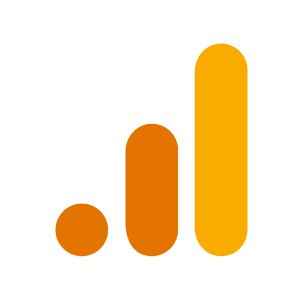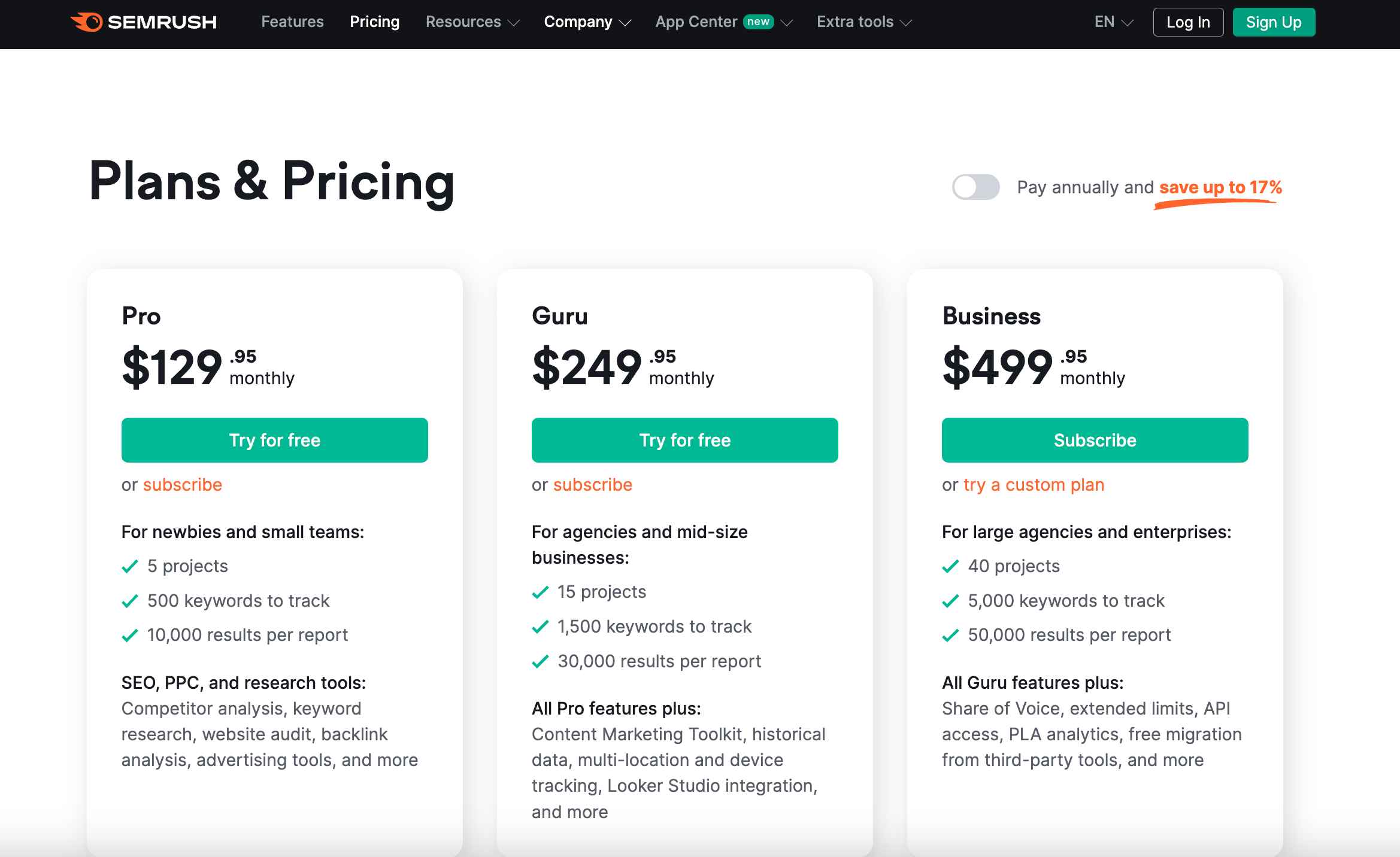| Feature/Use | SEMrush | Google Analytics |
| Primary Focus | SEO, market research, competitive analysis | Website traffic analysis, user behavior |
| Keyword Research | Extensive keyword research tools | Limited keyword data |
| Traffic Source Analysis | General trends and competitor traffic | Detailed traffic source breakdown |
| User Behavior Tracking | Limited capabilities | Extensive user behavior insights |
| Competitor Analysis | In-depth competitor insights | No direct competitor analysis |
| SEO Site Audit | Comprehensive SEO audit tools | Does not provide SEO audits |
| Backlink Analysis | Detailed backlink tracking | No backlink analysis |
| Content Performance | General content trend analysis | Detailed page-by-page analysis |
| Real-Time Data | Limited real-time data | Extensive real-time user data |
| Pricing | Paid service with free trial | Free |
| Best Suited For | SEO professionals, marketers | Website owners, UX designers |
Semrush vs Google Analytics 2025– Overview
What is SEMrush?
So, what’s SEMrush all about? SEMrush is a tool that helps you with everything related to SEO (which means making your website more noticeable on search engines like Google) and digital marketing.
It’s like a Swiss Army knife for boosting your online business – making it more visible and bringing in more visitors.
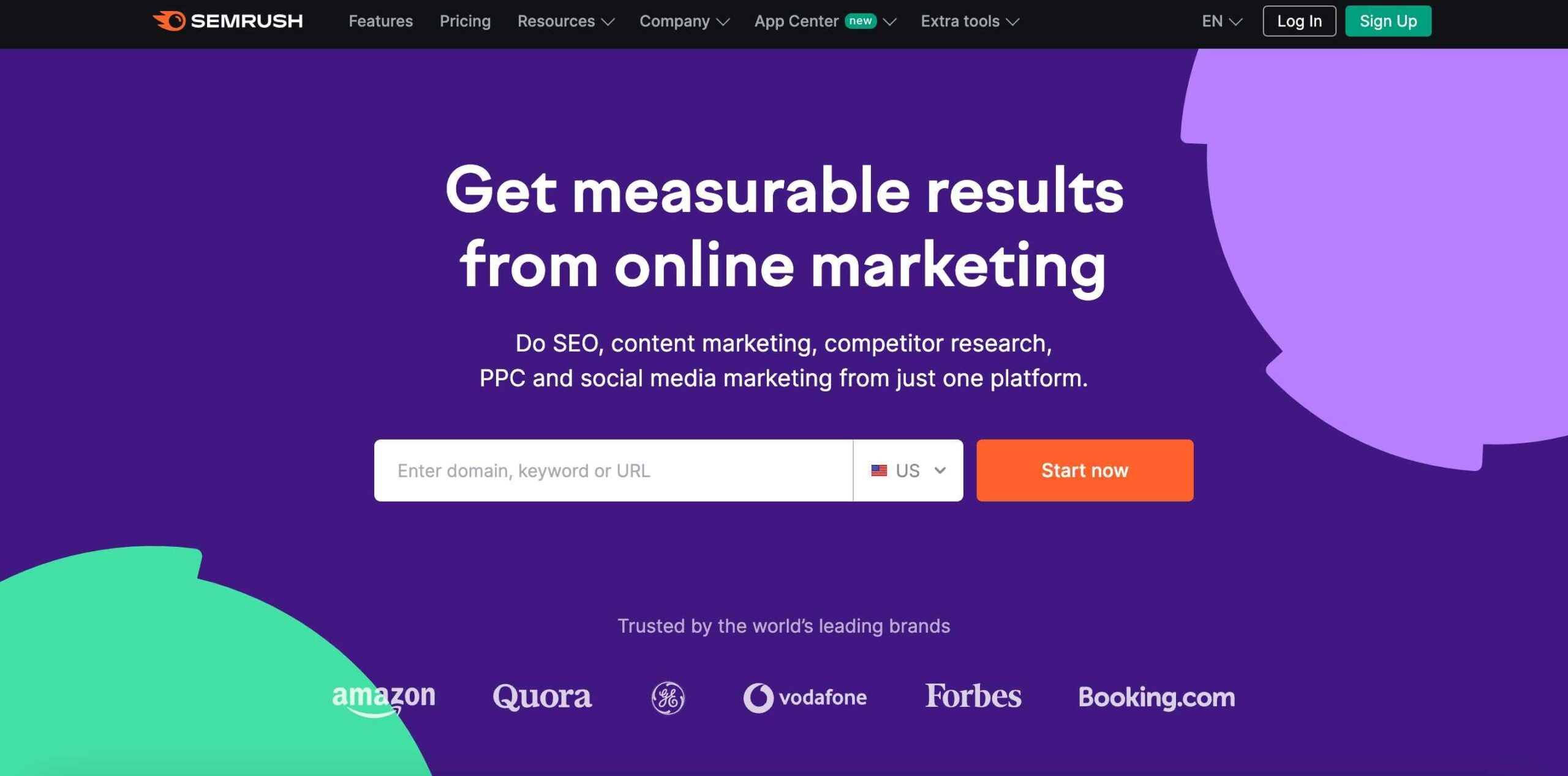
Here’s what you can do with SEMrush:
- Check and improve your website’s health with a special check-up tool.
- Find the best keywords for your site.
- Keep an eye on how many people visit your site over time.
- Watch how your site is linked to other sites on the internet.
- See what your competitors are up to.
Also, SEMrush offers cool free stuff to learn more about marketing, like webinars (online seminars), e-books, and blog posts. With lots of people around the world using it, SEMrush is a big deal in the world of digital marketing.
Keep reading, and I’ll show you how SEMrush stacks up against Google Analytics, another popular tool for SEO and marketing.
What is Google Analytics?
Google Analytics is a free tool from Google that helps you understand your website’s visitors. It’s like having a map that shows where your visitors come from, what they do on your site, and lots more.
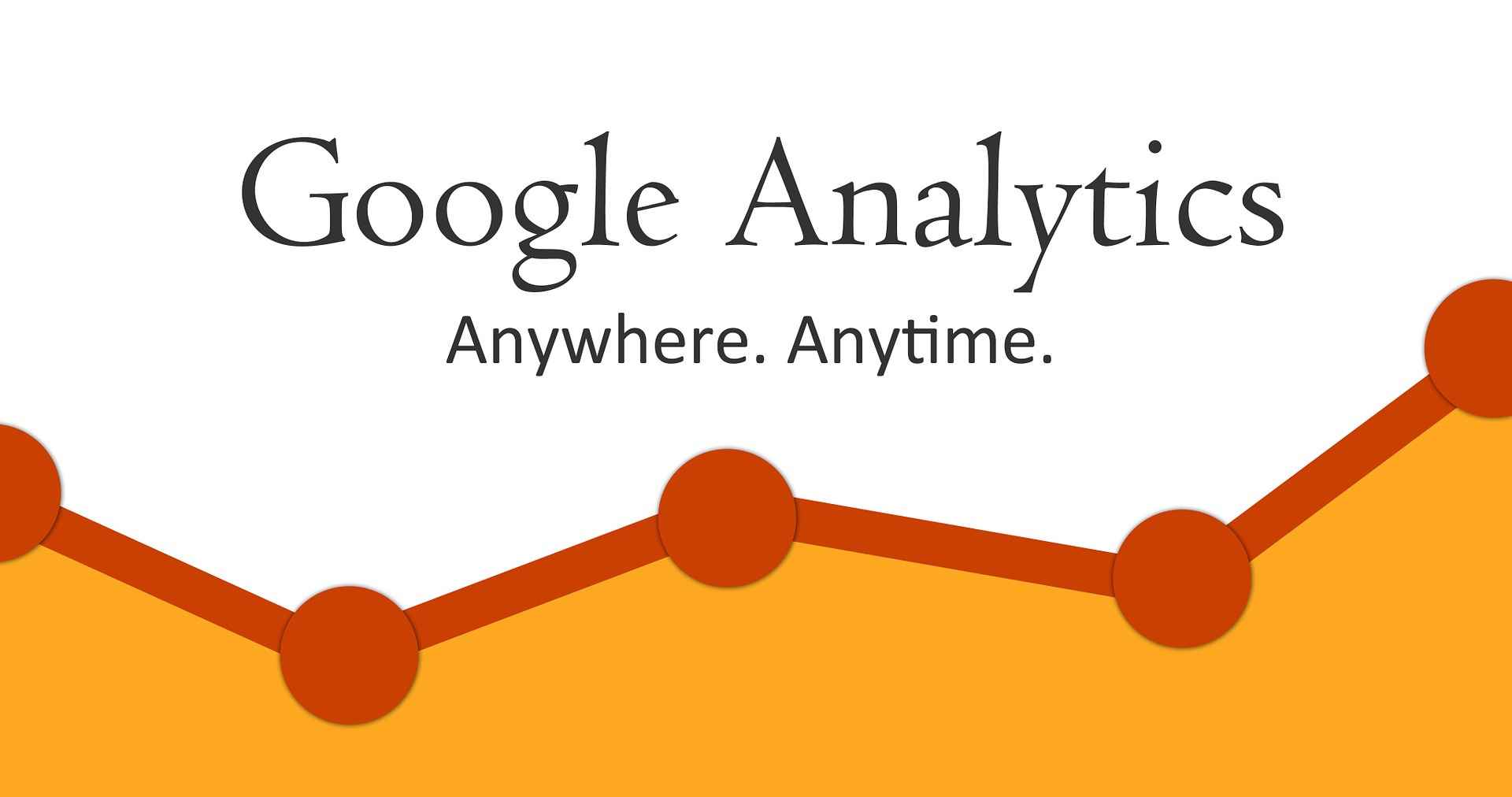
Here’s what Google Analytics tells you:
- How people find your website.
- What they do when they’re on your site, like which pages they visit.
- How long they stay on your site.
- The words they use on Google to find your site.
- Which countries your visitors come from, and which countries don’t visit much.
All this information is shown in one easy-to-use dashboard. Google Analytics is super popular because it’s free and really helpful. It can give you insights that help you make your website better and more successful.
Semrush Features and Data
The feature-rich Semrush tool is ideal for enterprise businesses as well as small websites.
A total of 55 tools are currently available in SEMrush’s router, and we are constantly adding new tools. Semrush data can also be imported into tools with embedded analytics capabilities, for example.
Here are some of the most important features of SEMrush.
#1- Competitor Research
SEMrush is like having a secret tool that lets you check out how your competitors are doing with their SEO and how visible they are on search engines like Google. Here’s the kind of information SEMrush can give you:
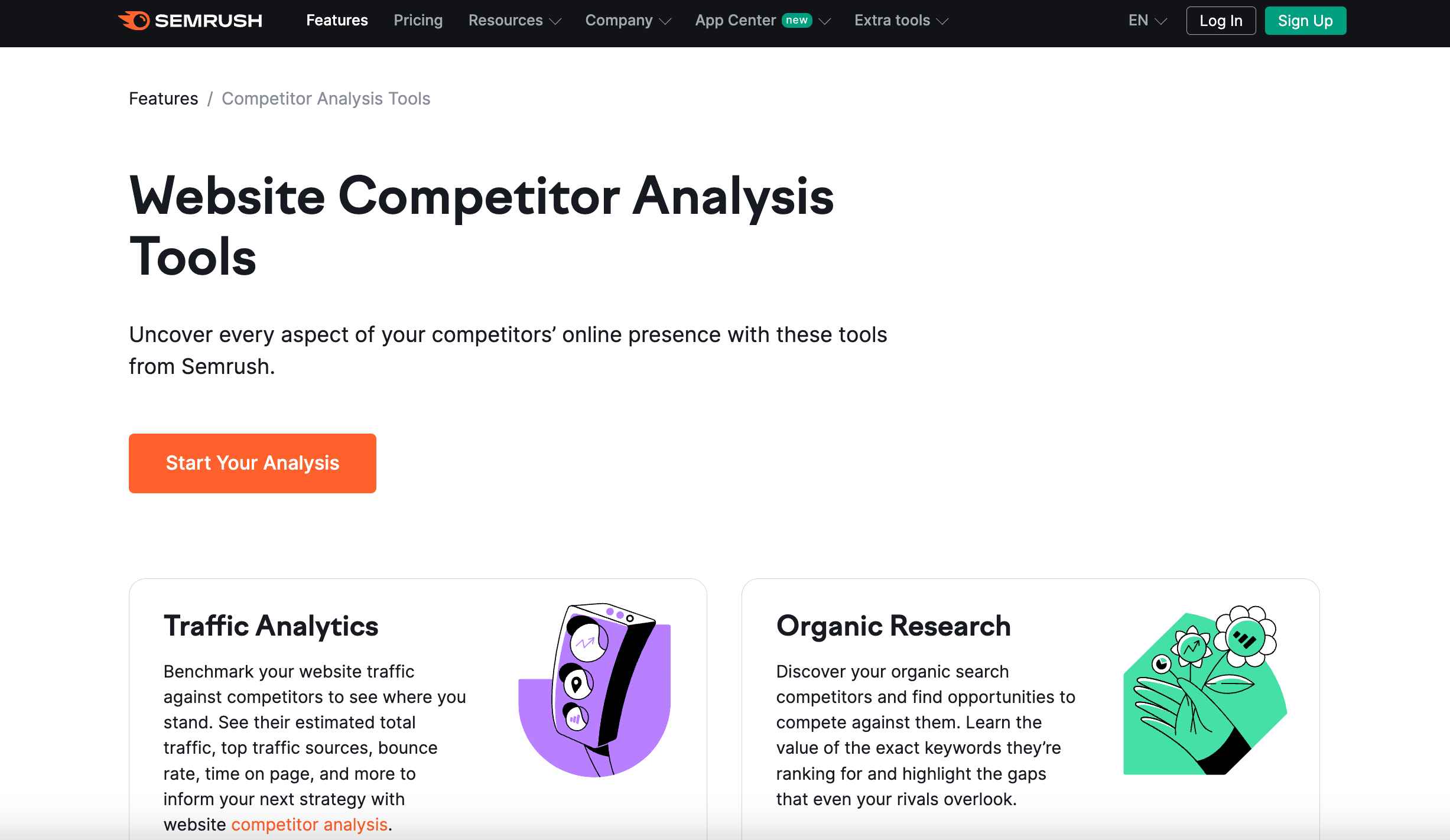
Keyword Rankings for a Page: It shows where a specific page from any website ranks on search engines for certain keywords.
Keyword Rankings for the Whole Site: It tells you how well the entire website is doing in search engine rankings based on different keywords.
Website Traffic Over Time: SEMrush tracks how many people visit a website and how this changes, whether it’s increasing or decreasing over days, weeks, or months.
Backlinks to Pages and Site: It shows you all the other websites that link back to a particular page or the entire site. These backlinks are important because they help improve a website’s search engine ranking.
Top Performing Pages: SEMrush identifies which pages are doing really well on your site and your competitors’ sites.
Basically, this information from SEMrush can be super helpful in figuring out what you need to do to get your website noticed more. By understanding what your competitors are doing right (or wrong), you can tweak your own marketing strategy to get ahead faster.
2. Checking Your Website’s Health
Think of SEMrush as a doctor for your website. It can check your site to find any SEO problems or mistakes that might be stopping it from doing well on search engines like Google and Bing. Fixing these issues can really help your website show up higher in search results.
To start, it’s super easy. Just type your website’s address into SEMrush’s technical audit tool and hit the “go” button. It’s like giving your website a quick health check to make sure everything’s working great!
3. Finding the Right Keywords
The SEMrush keyword research tool is like a treasure map for finding the best words to use on your website. These words are called keywords, and they’re what people type into search engines. Using the right keywords can really help your website get noticed.
Here’s what SEMrush’s keyword tool helps you find:
- How Often Keywords are Searched: It shows the average number of times people search for a particular keyword every month.
- How Hard It Is to Rank for a Keyword: This is the ‘keyword difficulty score.’ It tells you how tough it would be to show up on search engine results for that keyword.
- Related Questions and Keywords: SEMrush also shows you questions people ask related to your keyword and other similar keywords you might not have thought of.
- Cost Per Click (CPC): This is about ads. It tells you how much it would cost every time someone clicks on an ad using that keyword.
- Keyword Trends: You can see whether a keyword is becoming more or less popular over time.
- Filters for Your Search: These help you narrow down your keyword search to get more specific results.
#4- On-page checker
On-page SEO is a super important part of making sure your website’s pages rank well in search engines. It’s all about tweaking things directly on your website to make it more attractive to search engines like Google. SEMrush has a tool called the on-page SEO checker that helps with this.
What the on-page SEO checker does is basically give your webpage a thorough look-over. It checks out where your page might be falling short in terms of SEO and gives you tips on how to make it better. This could be anything from how you use keywords to how your content is structured.
#5- Backlink checker
The SEMrush backlink checker tool is like a spyglass that lets you peek at the links other websites have to your competitors’ websites. These links are called ‘backlinks’.
Having good backlinks is really important because they’re like votes of confidence from one website to another, and search engines love that.
Here’s what you can do with this tool:
See Who’s Linking to Your Competitors: You get to check out all the websites that are linking to your competitors’ sites.
Find Opportunities for Your Own Site: For instance, if you notice a website is linking to several of your competitors but not to you, this could be your chance to get a link from that site, too.
Semrush vs Google Analytics: Data Collection
Google Analytics and SEMrush both gather lots of information, but they do it in different ways.
How SEMrush Gets Data:
SEMrush is like a detective that uses different ways to collect information. It gets data from other sources, uses its own SEMrush bot to explore the internet, and has special formulas to find out the latest stuff from Google.
How Google Analytics Gets Data:
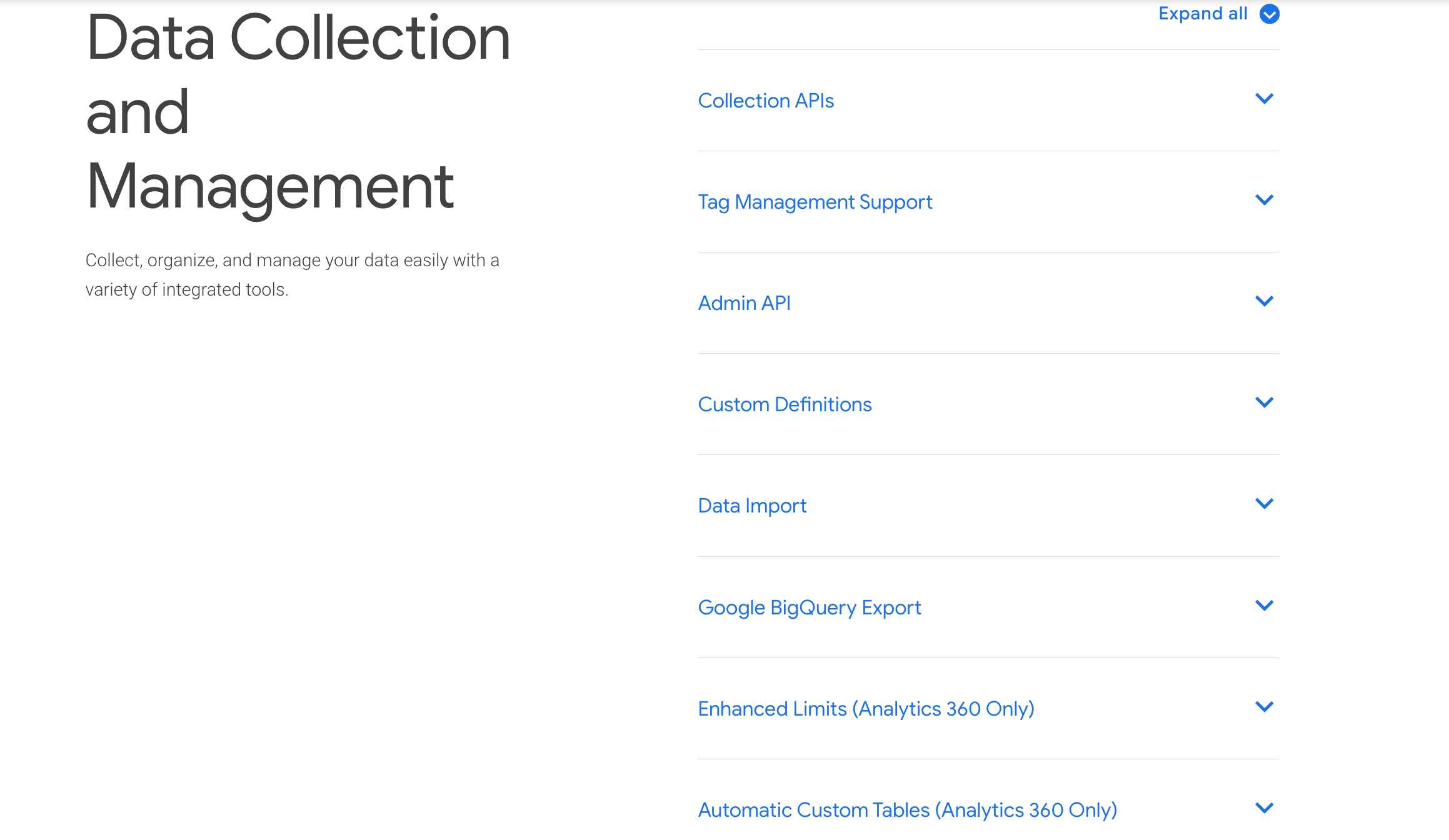
Google Analytics works differently. It uses a small bit of code, like a tracking chip, that you put on your website. This code lets Google Analytics watch and record what people do on your site. It’s like having a camera in a store that tracks where customers go and what they look at.
What Kind of Data They Give:
SEMrush doesn’t tell you about individual visitors to your website, but Google Analytics does. This means Google Analytics is really good for understanding each person who visits your site – like what they click on or how long they stay.
SEMrush is better for looking at big-picture stuff, like how much traffic your site gets and how it’s doing in Google searches.
So, Google Analytics helps you understand each visitor’s actions on your site, while SEMrush is great for overall trends and your website’s visibility on Google.
Who Should Use SEMrush?
SEMrush is ideal for:
SEO Professionals and Marketers: It’s great for those who need to analyze and improve their website’s visibility in search engines.
Business Owners and E-commerce Sites: If you want to keep an eye on your competitors, find the best keywords for your content, and see how you rank on Google, SEMrush is for you.
Content Creators and Bloggers: For those who want to optimize their content to rank higher and attract more traffic, SEMrush offers valuable insights into keywords and SEO trends.
Digital Marketing Agencies: Agencies can benefit from SEMrush’s comprehensive tools for managing various aspects of digital marketing strategies for multiple clients.
Quick Links:
Conclusion: SEMrush vs Google Analytics 2025
SEMrush and Google Analytics are both really popular tools that lots of online marketers use.
Think of it this way: Google Analytics is free and super useful for understanding your website’s visitors, so you’ll probably want to use it anyway. Then, you can decide if you want to add SEMrush to make your marketing even better.
I’m personally a fan of SEMrush for its powerful features. If you’re interested, why not try it out? SEMrush offers a free trial so you can see for yourself how it helps you with your marketing. Just head over to their website and sign up to give it a spin!


